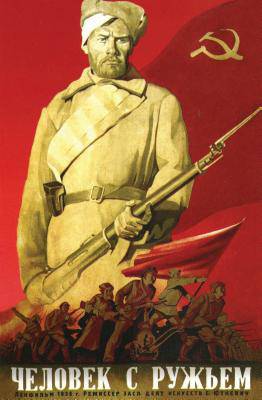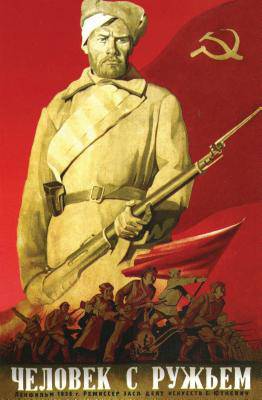
- Afhalen na 1 uur in een winkel met voorraad
- Gratis thuislevering in België vanaf € 30
- Ruim aanbod met 7 miljoen producten
- Afhalen na 1 uur in een winkel met voorraad
- Gratis thuislevering in België vanaf € 30
- Ruim aanbod met 7 miljoen producten
Zoeken
Omschrijving
When the Bolsheviks seized power in the Soviet Union during 1917, they were suffering from a substantial political legitimacy deficit. Uneasy political foundations meant that cinema became a key part of the strategy to protect the existence of the USSR. Based on extensive archival research, this welcome book examines the interaction between politics and the Soviet cinema industry during the period between Stalin's rise to power and the beginning of the Great Patriotic War. It reveals that film had a central function during those years as an important means of convincing the masses that the regime was legitimate and a bearer of historical truth. Miller analyses key films, from the classic musical "Circus" to the political epic "The Great Citizen", and examines the Bolsheviks', ultimately failed, attempts to develop a 'cinema for the millions'. As Denise Youngblood writes, 'this work is indispensable reading not only for specialists in Soviet film and culture, but also for anyone interested in the dynamics of cultural production in an authoritarian society'.
Specificaties
Betrokkenen
- Auteur(s):
- Uitgeverij:
Inhoud
- Aantal bladzijden:
- 240
- Taal:
- Engels
- Reeks:
Eigenschappen
- Productcode (EAN):
- 9781848850095
- Verschijningsdatum:
- 2/02/2010
- Uitvoering:
- Paperback
- Formaat:
- Trade paperback (VS)
- Afmetingen:
- 156 mm x 284 mm
- Gewicht:
- 421 g

Alleen bij Standaard Boekhandel
+ 71 punten op je klantenkaart van Standaard Boekhandel
Beoordelingen
We publiceren alleen reviews die voldoen aan de voorwaarden voor reviews. Bekijk onze voorwaarden voor reviews.











